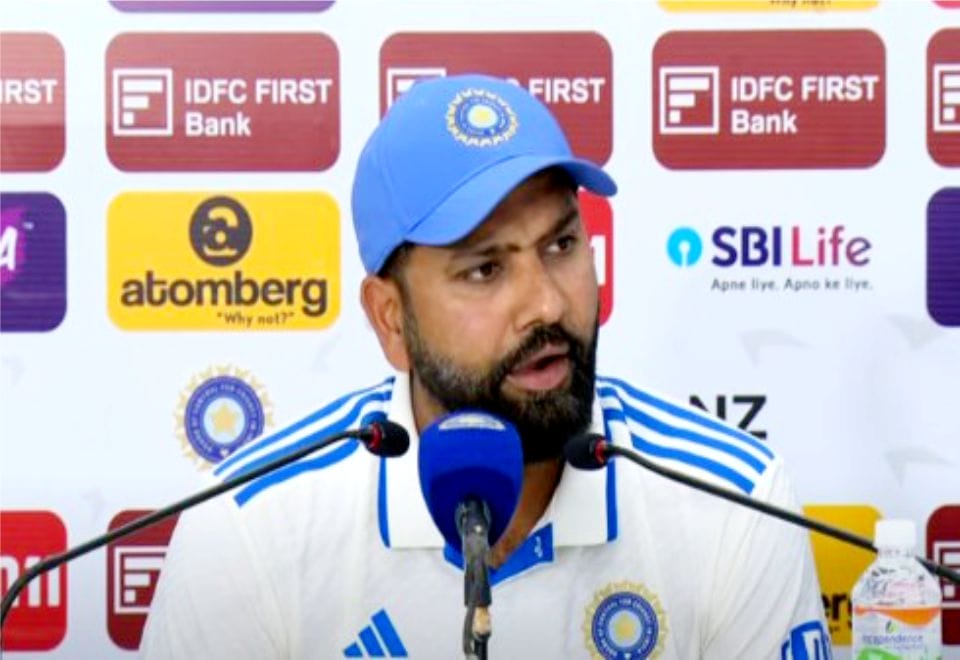Two prominent former cricket captains, Graeme Smith of South Africa and Clive Lloyd of the West Indies, have expressed strong opposition to the proposal of introducing a two-division format for Test cricket. Their comments come after reports of this suggestion being circulated in recent days.
Graeme Smith’s Concerns: A Divided Cricket World
Graeme Smith, the former South African captain, voiced his concerns about the potential consequences of dividing Test cricket into two separate divisions. He raised a critical question: “Can you imagine a world where only three countries play Test cricket?”
Smith pointed out that the top three countries—England, India, and Australia—are already playing an excessive amount of cricket against each other. He believes that while this format might benefit India financially, it could be detrimental to other nations that would struggle under this system.
The Need for an Inclusive Structure in Cricket
Smith emphasized that the International Cricket Council (ICC) should not create a structure that only favors the top three nations in world cricket. He questioned how such a system could be fair when only a select few countries would be competing. He further argued that for global cricket to thrive, it is essential for countries like South Africa, the West Indies, and Sri Lanka to remain strong.
He pointed out that South Africa’s inclusion in the final of the World Test Championship shows the importance of having a competitive and diverse field of teams. The current format, in his view, helps maintain balance in world cricket.
Clive Lloyd’s Stance: A Dismissal of the Two-Division Idea
Similarly, Clive Lloyd, the legendary former West Indies captain, has dismissed the idea of two-division Test cricket as an unappealing proposal. He expressed disappointment over the suggestion, calling it a “lackluster idea.” Lloyd noted that for countries that have worked hard to earn Test status, such a proposal would be devastating. It undermines the dedication and efforts of those nations to establish themselves in the highest form of cricket.
The Impact on Smaller Cricketing Nations
Both Smith and Lloyd agree that Test cricket must remain inclusive, allowing smaller cricketing nations to have a fair chance to compete. Dividing the format into two divisions could result in a more exclusionary system where only the richest and most powerful nations can dominate the game. This would leave little room for emerging or historically strong teams from the subcontinent, Africa, and the Caribbean.
The Future of Test Cricket: A Balancing Act
While the idea of two-division Test cricket has been discussed, both Smith and Lloyd argue that the future of Test cricket depends on fostering competition among a broad range of teams. A system that only benefits a few would be a disservice to the sport as a whole. Their voices highlight the ongoing debate about how best to structure the game for its continued growth and inclusivity.
Conclusion: A Unified Voice for the Future of Test Cricket
As discussions continue around the potential changes to Test cricket, voices like Graeme Smith and Clive Lloyd remind us of the need for a system that ensures all nations have an opportunity to thrive. Whether or not the two-division idea gains traction, it is clear that the future of Test cricket hinges on maintaining balance and fairness across all levels of the game.



